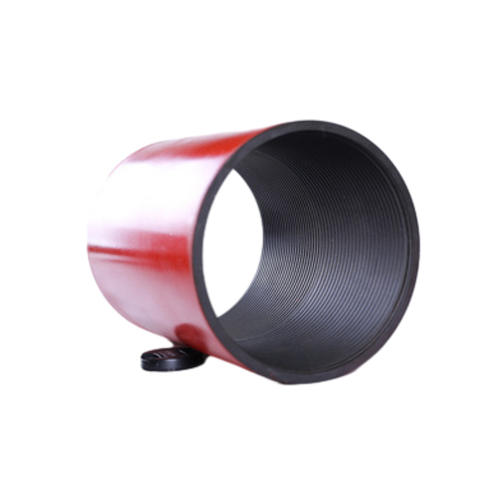- Afrikaans
- Albanian
- Amharic
- Arabic
- Armenian
- Azerbaijani
- Basque
- Belarusian
- Bengali
- Bosnian
- Bulgarian
- Catalan
- Cebuano
- Corsican
- Croatian
- Czech
- Danish
- Dutch
- English
- Esperanto
- Estonian
- Finnish
- French
- Frisian
- Galician
- Georgian
- German
- Greek
- Gujarati
- Haitian Creole
- hausa
- hawaiian
- Hebrew
- Hindi
- Miao
- Hungarian
- Icelandic
- igbo
- Indonesian
- irish
- Italian
- Japanese
- Javanese
- Kannada
- kazakh
- Khmer
- Rwandese
- Korean
- Kurdish
- Kyrgyz
- Lao
- Latin
- Latvian
- Lithuanian
- Luxembourgish
- Macedonian
- Malgashi
- Malay
- Malayalam
- Maltese
- Maori
- Marathi
- Mongolian
- Myanmar
- Nepali
- Norwegian
- Norwegian
- Occitan
- Pashto
- Persian
- Polish
- Portuguese
- Punjabi
- Romanian
- Russian
- Samoan
- Scottish Gaelic
- Serbian
- Sesotho
- Shona
- Sindhi
- Sinhala
- Slovak
- Slovenian
- Somali
- Spanish
- Sundanese
- Swahili
- Swedish
- Tagalog
- Tajik
- Tamil
- Tatar
- Telugu
- Thai
- Turkish
- Turkmen
- Ukrainian
- Urdu
- Uighur
- Uzbek
- Vietnamese
- Welsh
- Bantu
- Yiddish
- Yoruba
- Zulu
what is a bull plug used for
What is a Bull Plug Used For?
A bull plug is a specialized component often utilized in various industries, particularly in oil and gas, petrochemical, and manufacturing sectors. Its primary function is to seal off the end of a pipe or fitting to prevent the escape of fluids or gases. This article explores the features, applications, and benefits of bull plugs, highlighting their importance in maintaining safety and efficiency in industrial operations.
Description and Features
Bull plugs are typically made from high-quality materials such as carbon steel, stainless steel, or plastic, depending on the application and environmental conditions they will face. They are designed with a threaded or non-threaded end, allowing them to fit securely into the corresponding openings of pipes. The common sizes of bull plugs range from a quarter inch to several inches in diameter, making them versatile components for various pipe applications.
The design of a bull plug is straightforward yet crucial. It features a solid or blind end that effectively blocks the flow of liquids or gases. In industries where pressure and containment are key factors, bull plugs provide a crucial barrier that prevents leakage, which can be hazardous to both the environment and safety of personnel.
Applications in Industry
Bull plugs find extensive use in multiple applications. In the oil and gas industry, for instance, they are essential for securing wellheads, preventing blowouts, and ensuring the integrity of pipelines during maintenance work. Similarly, in petrochemical plants, bull plugs are used to safely isolate sections of piping for repair or inspection, minimizing the risk of hazardous leaks.
what is a bull plug used for

Manufacturing settings also utilize bull plugs in hydraulic systems to protect hydraulic lines and control systems from unintentional pressure loss. They can be found in equipment ranging from heavy machinery to intricate assembly lines. In these scenarios, bull plugs not only aid in maintenance but also prolong the life of the equipment by reducing the risk of corrosion and other forms of wear.
Safety and Efficiency Benefits
The use of bull plugs significantly enhances both safety and operational efficiency. By preventing leaks, they help to protect not only the environment but also the workers operating in potentially hazardous conditions. The effective sealing of pipes ensures that processes run smoothly, reducing downtime and maintenance costs associated with leaks and spills.
Moreover, the ease of installation and removal of bull plugs makes them a practical choice for temporary sealing during maintenance and repair activities. Operators can quickly isolate sections of a system without the need for complex procedures, allowing for faster response times in critical situations.
Conclusion
In summary, bull plugs are vital components in numerous industrial applications, serving the essential function of sealing pipes to maintain safety and efficiency. Their robust construction, versatility, and straightforward operation make them indispensable in sectors that require reliable containment of fluids and gases. Understanding their purpose and applications helps industries to better appreciate and utilize these crucial components in their operations.
-
Well Casing Extension Couplings – Applications and InstallationNewsJun.06,2025
-
Types of Crossover Subs in Drilling & CompletionNewsJun.06,2025
-
Key Features of High-Quality Tubing Pup JointsNewsJun.06,2025
-
Installation and Maintenance Tips for Steel Couplings for PipeNewsJun.06,2025
-
How to Select the Right Pup Joint for Oil & Gas OperationsNewsJun.06,2025
-
Applications of Stainless Steel Pipe CouplingsNewsJun.06,2025







